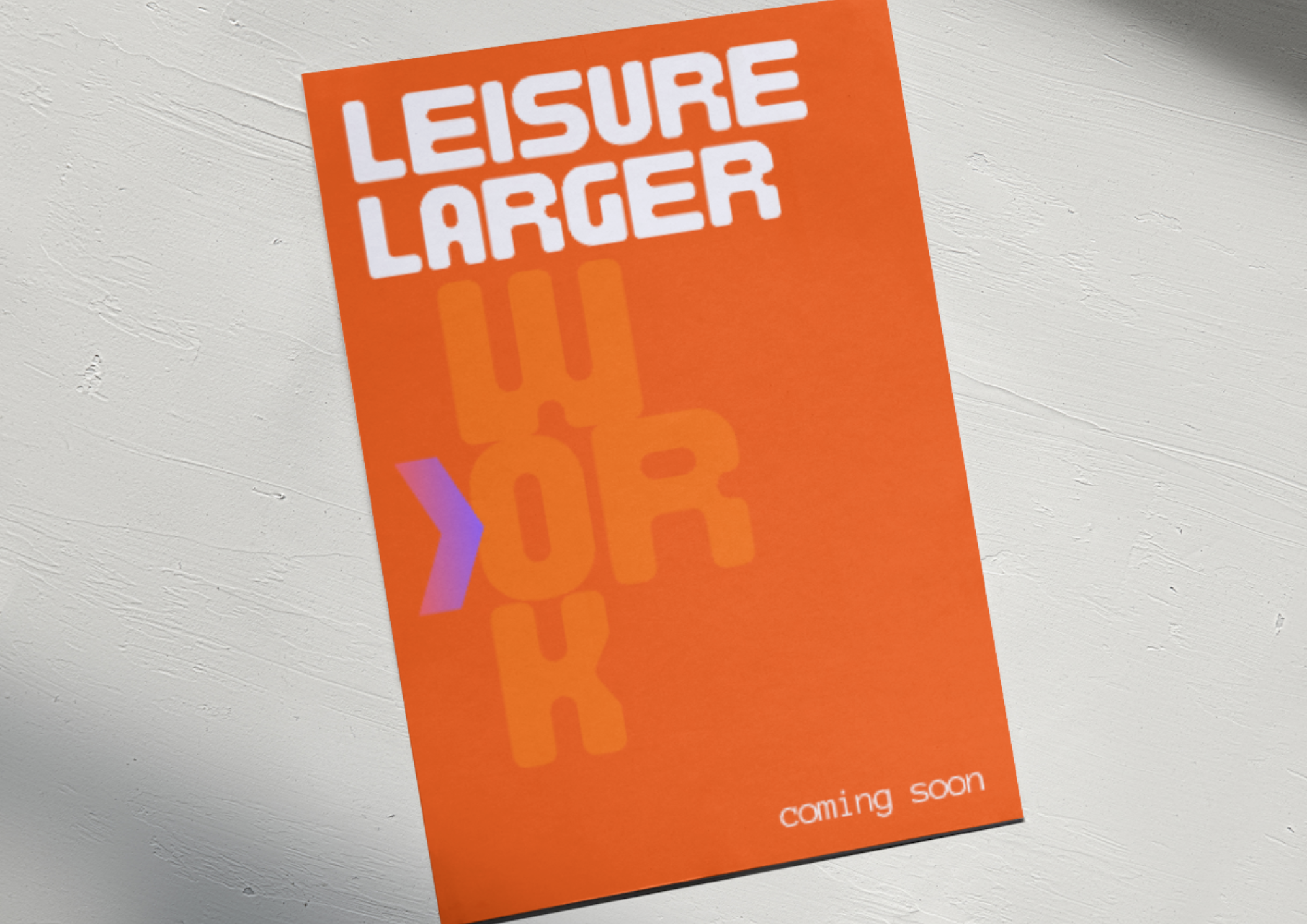In futures studies and foresight, utopic visions are a powerful tool used to explore possibilities that challenge our present assumptions and provoke innovative thinking. These speculative futures are not meant to provide immediate solutions but serve as a lens through which we can critically examine existing structures and ideologies of the present. By presenting alternative scenarios, we open the door to more diverse ways of thinking about the future, encouraging debate about what could or should change.
In this spirit, Birthe Menke, former PhD Fellow at the University of Southern Denmark and a colleague here at 4strat, offers a fascinating perspective on the future of this vital sector. In her manuscript, “Leisure > work: Or that time in 2050 when the tourism industry was called into a post-labor era,” she paints a thought-provoking picture of the tourism industry in 2050 where the value of leisure and labor are brought into question.
A Shift in the Balance Between Work and Leisure
By 2050, we might witness a radical shift in how society perceives and approaches work-life balance. Menke envisions a future where the traditional structures of employment and compensation are transformed, emphasizing leisure as a vital component of a fulfilling life. In this future, leisure isn’t just a commodity reserved for those who can afford it; leisure and the leisure industry becomes a symbolism for the urgent question of what constitutes time well spent in contemporary society.
As such, the utopia calls for the just treatment of the very workers who enable leisure experiences in the first place and introduces a new movement that demands a compensation of leisure time that exceeds that of work time. While the manuscript is explicitly not a roadmap for further commoditising leisure time, it aims to manifest dissonance with the status quo of how commoditised human time has already become.
What makes this future so compelling is not merely its utopian aspiration but its recognition of the pressures that workers in industries like tourism have faced for decades. These industries have long relied on the very people who, ironically, often have least access to the leisure experiences they help create. The possibility of redistributing leisure time in a more equitable way forces us to reconsider the relationship between employers and employees, where workers are granted not only better work conditions but also meaningful opportunities for rest and renewal.
Tourism’s Role in This New Landscape
The tourism sector has always been a major player in shaping how we experience and value leisure. But as the industry contemplates this reimagined future, the focus could shift from commodifying travel experiences to creating opportunities for personal enrichment across all levels of society. The drive to democratize access to leisure isn’t just about equal pay; it’s about challenging the very foundation of work and leisure dynamics.
The vision of 2050 raises provocative questions about the tourism industry’s potential to drive social change. How can the sector move beyond merely selling an escape from daily life and highly engineered leisure experiences and begin contributing to a future where leisure becomes a cornerstone of well-being? The proposed shifts ask the tourism industry to reckon with the inequalities that exist within its structures—inequalities that may be ripe for disruption.
A New Era of Leisure
This vision of the future also raises profound questions: What does it mean to have meaningful leisure time? How can the tourism industry offer authentic, quality experiences that aren’t just commodified escapes from work? The LEISURE > work Manifesto pushes us to rethink our relationship with leisure and how industries like tourism can support a society where leisure is valued as much, if not more, than work.
At 4strat, we are committed to examining emerging scenarios and challenging established assumptions. By applying the principles of strategic foresight, we seek to identify and understand the driving forces, uncertainties, and potential disruptions that will shape industries such as tourism in the decades ahead.



